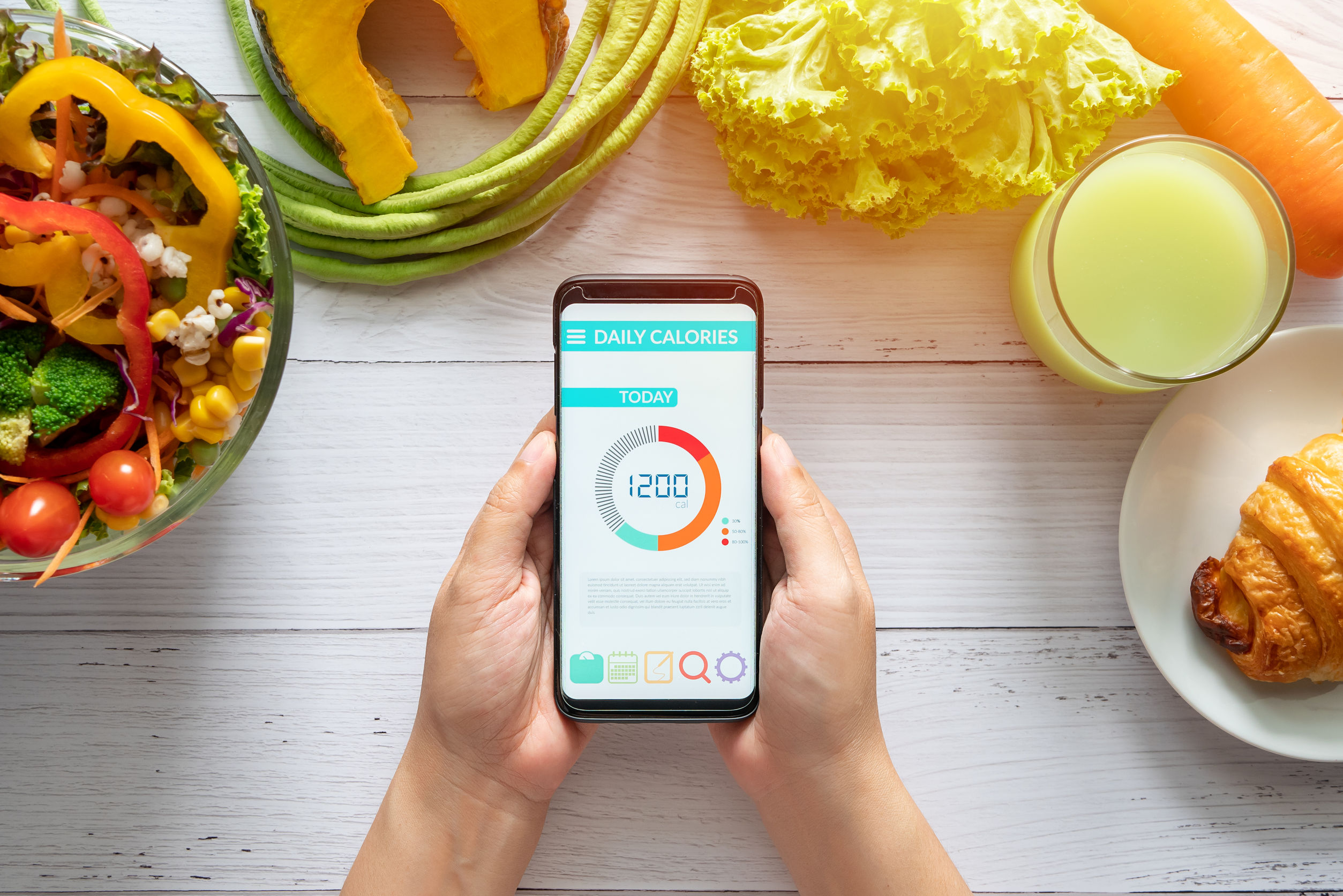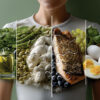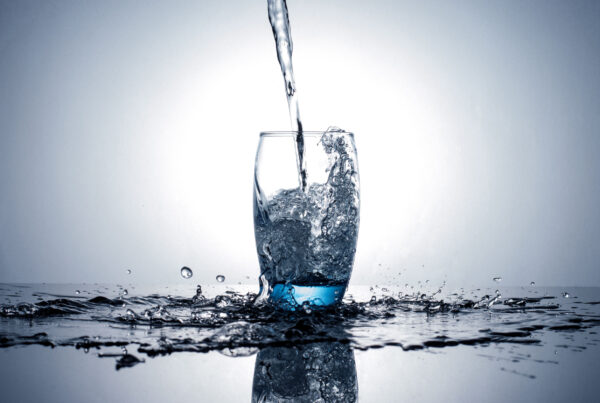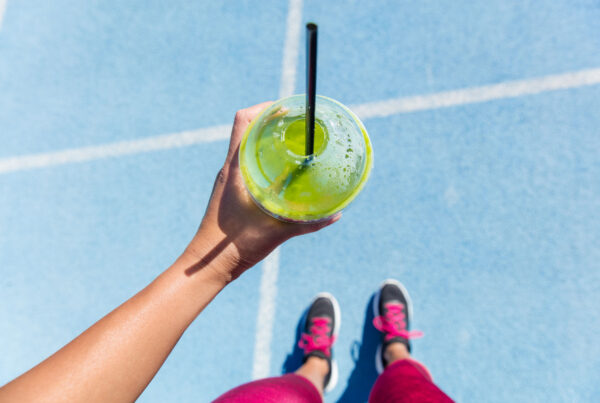”Oregon, do you have any goals focused on weight management? An important part of any weight goal is recording your food intake. This week's article discusses popular calorie counting apps. We hope you find this helpful for your particular goals!
Reading time: 12 Minutes
MWi Hack:
- Learn how to get a more nuanced view of your diet using an app
- Try to use calorie counting with other strategies, such as exercise or time-delayed eating discussed previously
MWi Summary:
- Tracking your food and calorie intake can be helpful when it comes to losing weight and weight maintenance.
- The five best calorie counters that are available include MyFitnessPal, Lose It!, FatSecret, Cronometer, and SparkPeople.
- You do not necessarily have to track your food every day or constantly to achieve your goals.
Tracking your food and calorie intake can be important. Research shows that people who log calories lose more weight and are likelier to keep the weight off in the long run. These days, counting calories is very easy. There are many useful websites and apps that help you log your meals and track your intake.
This article reviews the five best calorie counters available today. All of them are accessible online, and signing up takes less than a minute. They all have apps for iPhone, iPad, and Android.
MyFitnessPal
MyFitnessPal is one of the most popular calorie counters right now. It tracks your weight and calculates a recommended daily calorie intake. It also contains a well-designed food diary and an exercise log.
The homepage provides a clear picture of how many calories you’ve consumed during the day. In addition, it shows your remaining recommended intake and the number of calories you’ve burned by exercising. If you’re using a fitness tracking device, MyFitnessPal can likely sync with it to include its data in the exercise log. The app tracks your progress towards your goals and offers chat forums with fellow users. The forums include conversations, recipes, tips, and personal success stories. MyFitnessPal’s nutrition database is very extensive, containing over 5 million foods. You can also download recipes from the internet or create custom foods and dishes. The app even saves your favorite meals for convenient logging.
Additionally, MyFitnessPal’s barcode scanner allows you to instantly enter the nutrition information of some packaged foods. Each day is presented as a pie chart, showing your breakdown of carbs, protein, and fat. You can also write a note for each day, recording how things went or how you were feeling.
Pros:
MyFitnessPal has the largest database available in a diet tracker and includes many restaurant foods.
It can download recipes from the internet and calculate the calorie content of each serving.
You can “quick add” calories if you don’t have the time to add details about a certain meal.
Cons:
Since most foods are uploaded by other users, the calorie count may not be entirely accurate. Multiple entries may exist for the same product.
Serving sizes in the database may be hard to edit, creating difficulties if your serving was smaller or larger than the one listed.
Lose It! App
Lose It! is another health tracker that includes an easy-to-use food diary and exercise log. You can also connect a pedometer or other fitness device. Based on your weight, height, age, and goals, Lose It! provides a personalized recommendation for calorie intake. It then tracks your calories on the homepage. It features a comprehensive food database and an icon representing each food entry. The food diary is simple and user-friendly. Adding new foods is not complicated.
Additionally, the Lose It! app has a barcode scanner for packaged foods, and common foods are saved for quick entry later on. Lose It! presents weight changes on a graph, provides access to an active chat community, and keeps a daily and weekly total. Its tab called “challenges” allows you to participate in dietary challenges or make your own.
Pros:
Lose It! has a food database complete with popular restaurants, grocery stores, and brand-name foods, all of which are verified by their team of experts.
The app lets you set reminders to log your meals and snacks.
Cons:
It’s hard to log home-cooked meals or calculate their nutritional value.
The app can be tricky to navigate.
Lose It! doesn’t track micronutrients.
FatSecret
FatSecret is a free calorie counter. It includes a food diary, nutrition database, healthy recipes, exercise log, weight chart, and journal. A barcode scanner helps track packaged foods. The homepage shows total calorie intake, as well as the breakdown of carbs, protein, and fat — displayed both for the day and for each meal. FatSecret offers a monthly summary view, which gives total calories consumed each day and total averages for each month. This feature may be convenient to track your overall progress.
This calorie counter is very user-friendly. It also includes a chat community where users can swap success stories and get tips, recipes, and more. FatSecret offers a feature called “challenges,” wherein users can create or participate in dietary challenges in a closed group of people.
Their website is full of information and tips, as well as articles on a variety of topics.
Pros:
The food database is comprehensive, including many supermarket and restaurant foods.
Foods submitted by other users are highlighted so that users can verify if the information is accurate.
FatSecret can present net carbs, which may come in handy for low-carb dieters.
Cons:
The interface is rather cluttered and confusing.
Cronometer
Cronometer lets you easily keep track of your diet, exercises, and body weight. It offers exact serving sizes and a strong exercise database. If you are pregnant or lactating, you can select a customized profile based on higher calorie needs. You can also tell Cronometer if you’re following a specific diet, such as the paleo diet, low-carb diet, or a low-fat vegetarian diet. This changes the macronutrient recommendations.
The food diary is very simple and user-friendly. Below it, you’ll find a bar chart showing the breakdown of carbs, fat, and protein for that day alongside total calories consumed. Cronometer is particularly useful for tracking micronutrients like vitamins and minerals.
Pros:
Easy to use.
You can sync data from health devices to the app and import weight, body fat percentage, sleep data and activities.
It tracks all micronutrients, such as vitamins, minerals and trace elements.
Cons:
Cronometer does not divide the food diary into meals.
You can only add a home-cooked recipe on the website, not the app. However, the meal will be available in the app after that.
It does not have a social community of users.
SparkPeople
SparkPeople is another full-featured calorie counter that tracks nutrition, activities, goals, and progress.
The food diary is relatively straightforward. If you tend to eat the same thing often, you can paste that entry into multiple days.
At the bottom of each day’s entry, you can see the total calories, carbs, fats, and protein. You may also view the data as a pie chart.
Recipes are very easy to add, and the app is equipped with a barcode scanner so you can register packaged foods.
SparkPeople’s site has a massive community. Its resources include recipes, health news, exercise demos, and articles by health and wellness experts.
Pros:
The website is full of resources on a variety of topics.
Cons:
The site may be overwhelming for new users since it contains so much information.
The content is spread over several apps based on different forums. For example, there is one app for pregnant women and another for recipes.
Users sometimes have trouble logging foods into the app.
The Bottom Line
Calorie counters and nutrient trackers are incredibly useful if you are trying to lose, maintain, or even gain weight.
They can also help you make specific changes to your diet, such as eating more protein or fewer carbs.
However, there is no need to track your intake constantly.
Try it occasionally for a few days or weeks to get a more nuanced view of your diet. That way, you’ll know exactly where to make adjustments in order to achieve your goals.
MWi would like to thank Adda Bjarnadottir for sharing her expert insights with our community through the Healthline Platform. Read the original article:
https://www.healthline.com/nutrition/5-best-calorie-counters
More on the Author:
Adda Bjarnadottir is a registered nutritionist in Iceland with a has a BSc and a master’s degree in human nutrition. She started out as a writer for Authority Nutrition in 2015 and transitioned over to Healthline in 2017. She now manages writer communications, topic selection, and medical review of all nutrition content.






